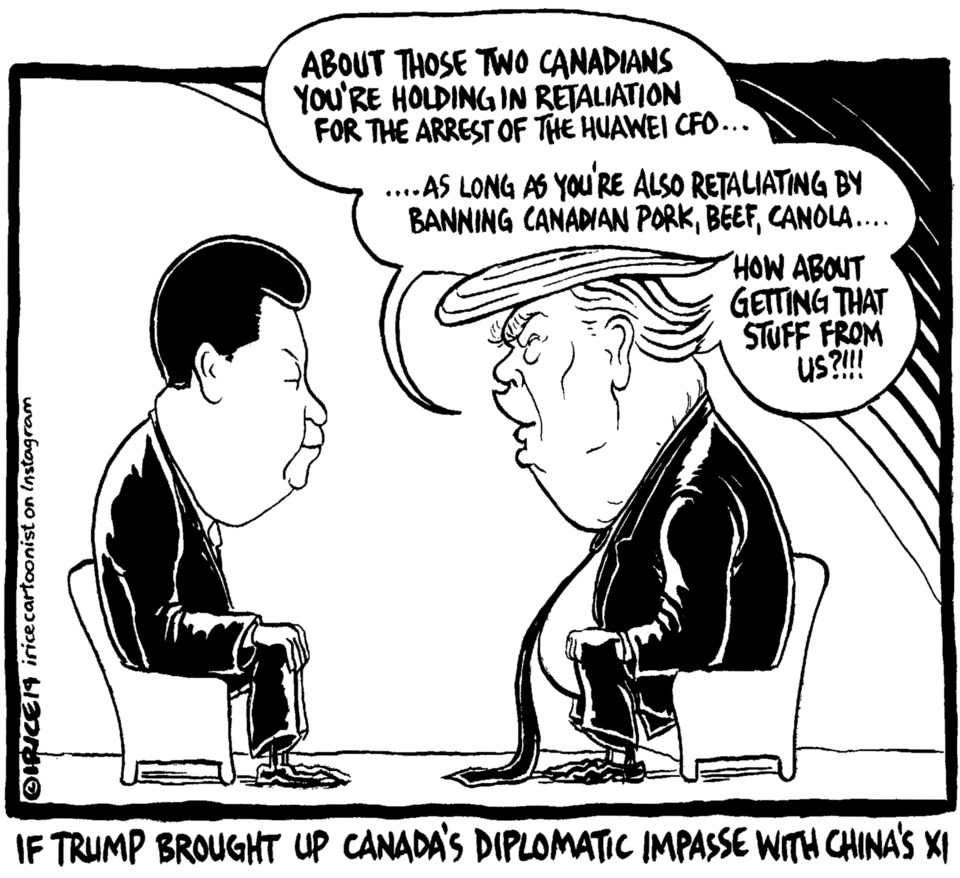It might be July, a month we expect warmer weather, but it seems we are already seeing hints that the real heat will be October, at least in terms of politics.
Canadians go to the polls Oct. 21, in a federal election in a battle that is already seeing social media trenching in for a tooth and claw battle.
The right wing clearly want Prime Minister Trudeau gone at all costs, although his most likely replacement Andrew Scheer is rather thin on what exactly he and the Conservative Party would do other than not be Trudeau. Sadly, for a lot of voters that might be enough.
It would be better if those unhappy with Trudeau were at least looking for a replacement with some concrete ideas for change.
Then there is the other side of the political coin that is focused on the legacy the Conservatives have from Stephen Harper.
The two sides are definitely pushing to the edges of the political spectrum, leaving miles of room in the middle with no party appearing to want to reside there.
That situation might leave a lot of voters opting to stay home, disappointed in Trudeau’s lacklustre performance, but not ready to commit to another run with the Conservatives either. That of course is bad news for democracy, as people should vote for a country’s leadership every four years.
But, if no one looks like a reasonable option to lead, what are voters to do?
That will be a question parties and candidates need to answer moving forward.
The process started on the weekend as Ryan Schultz local constituency candidate for the newly founded People’s Party of Canada met with voters in the city.
Whether new players such as the PPC, or more established but still not major forces such as the Green Party can fill the void for those turned off to the long-established parties of course is yet to be seen. But, there is a sense that if they can offer a reasonable platform they just might garner more votes.
Of course party faithful are rallying to the call that a majority government needs to arise out of the Oct. 21, vote, but there seems to be a political breeze blowing that whispers of a minority. Given distrust of both Trudeau and Scheer perhaps a minority government forcing some cooperation and collaboration for the next few years would result in the more middle-of-the-road politics which have generally been the happy place for Canadian voters through the years.
Time, of course will tell, as the debate warms up in the coming months.




